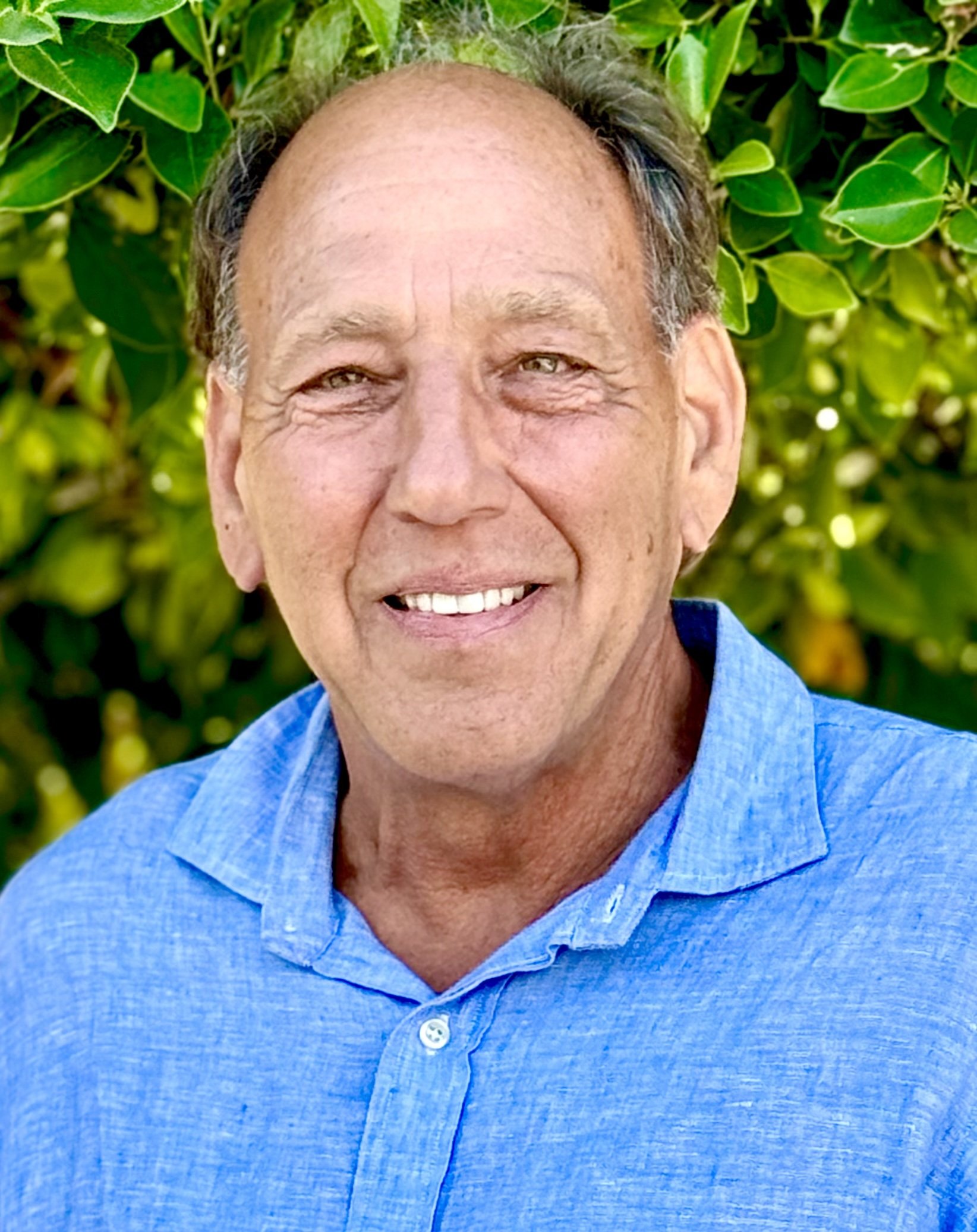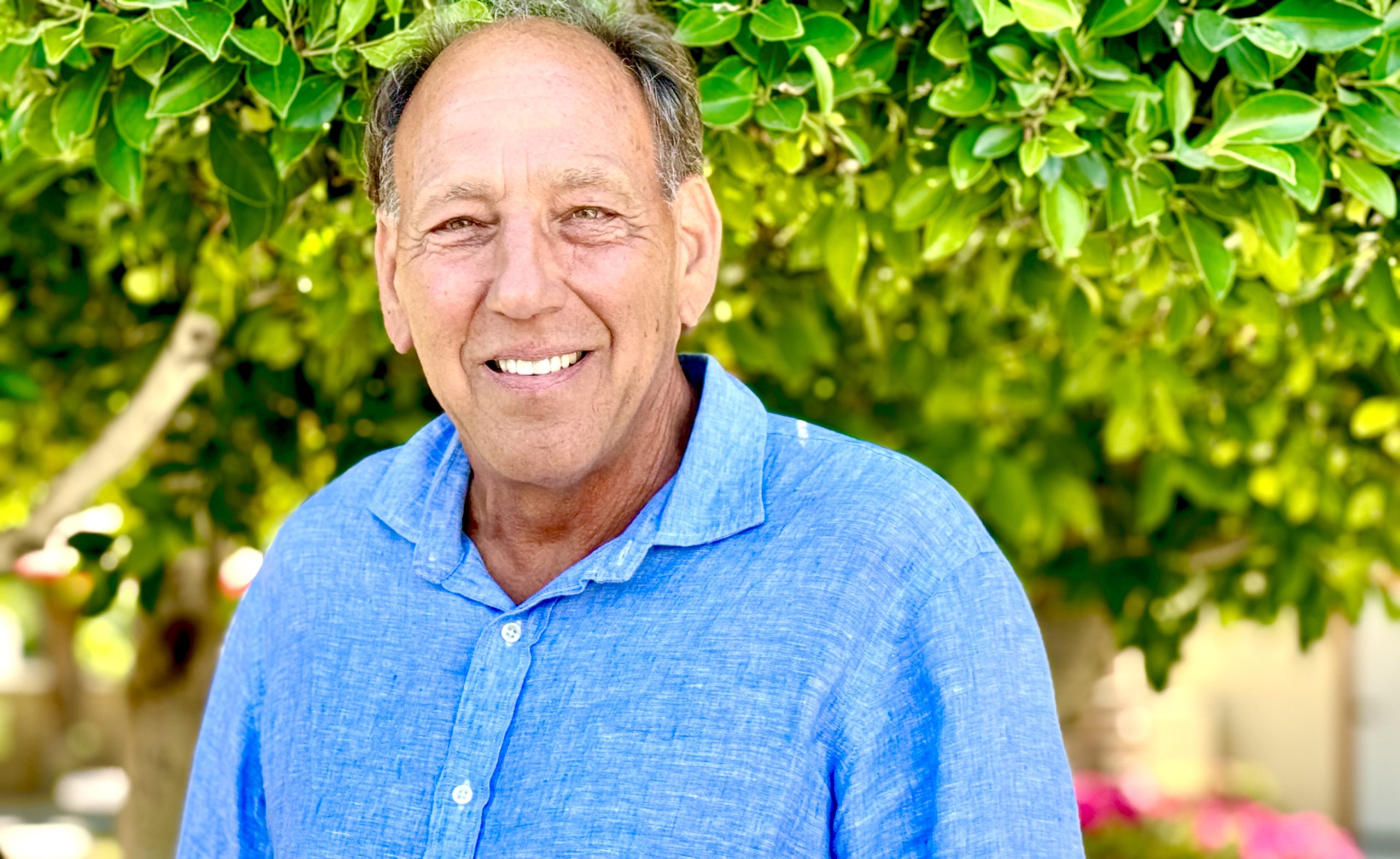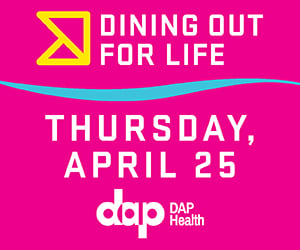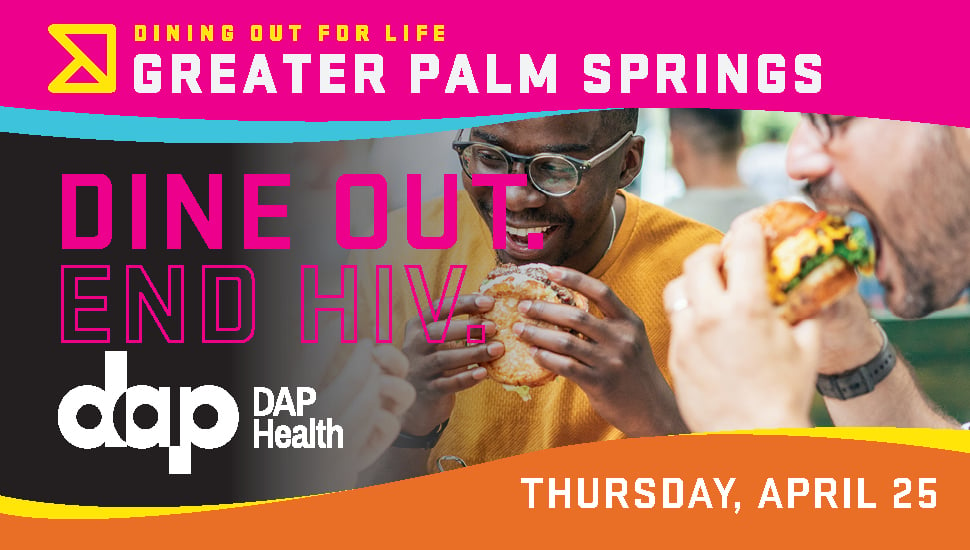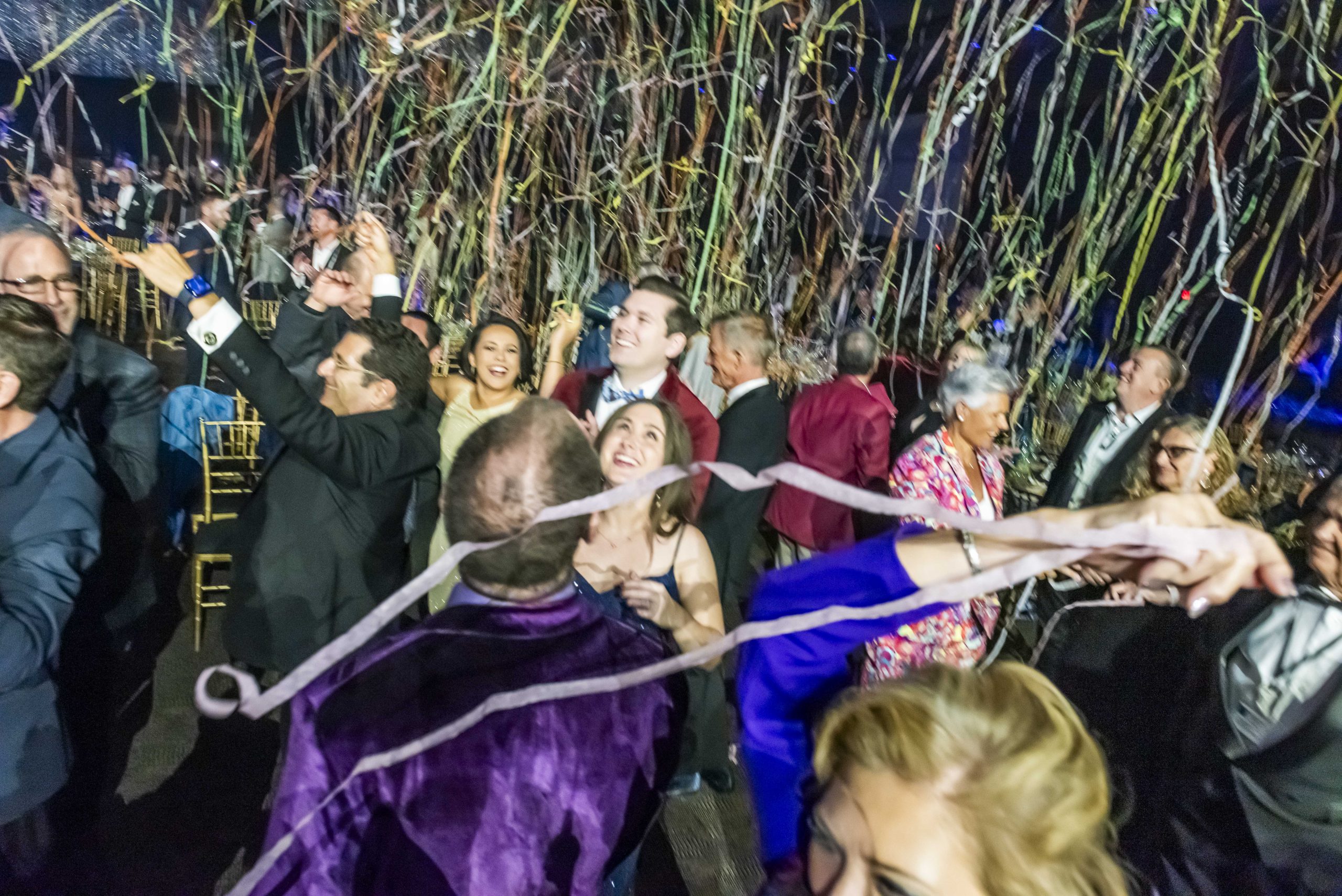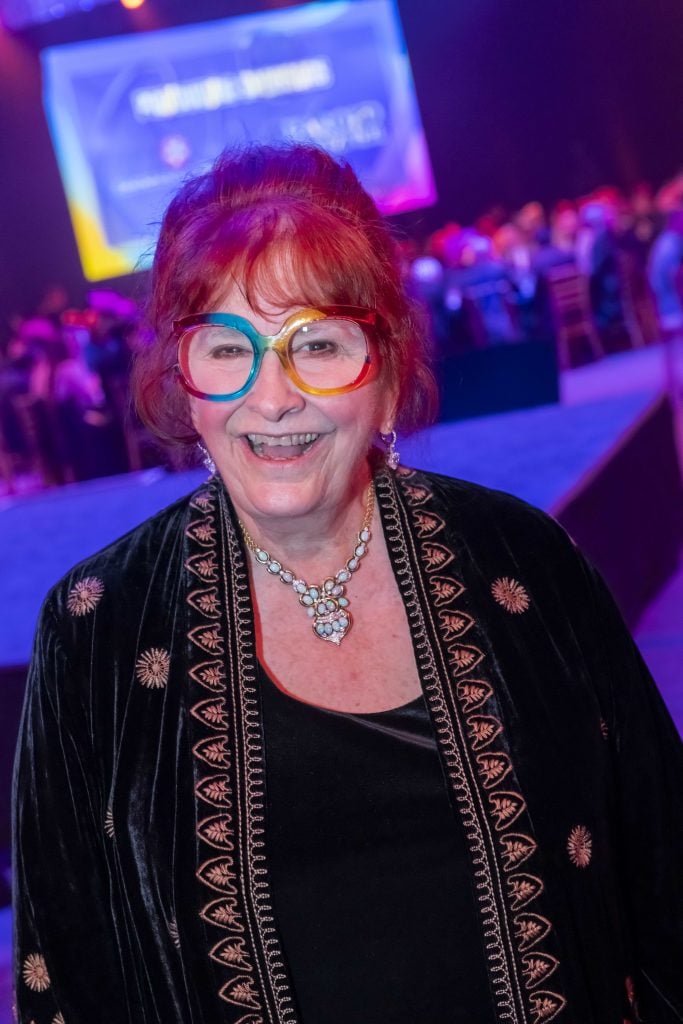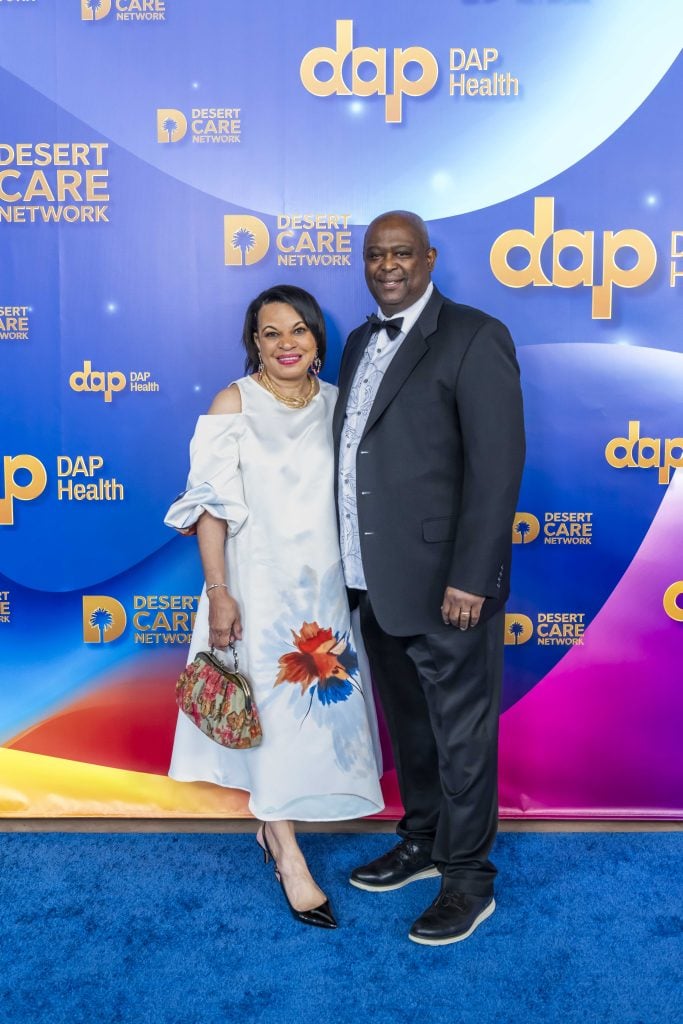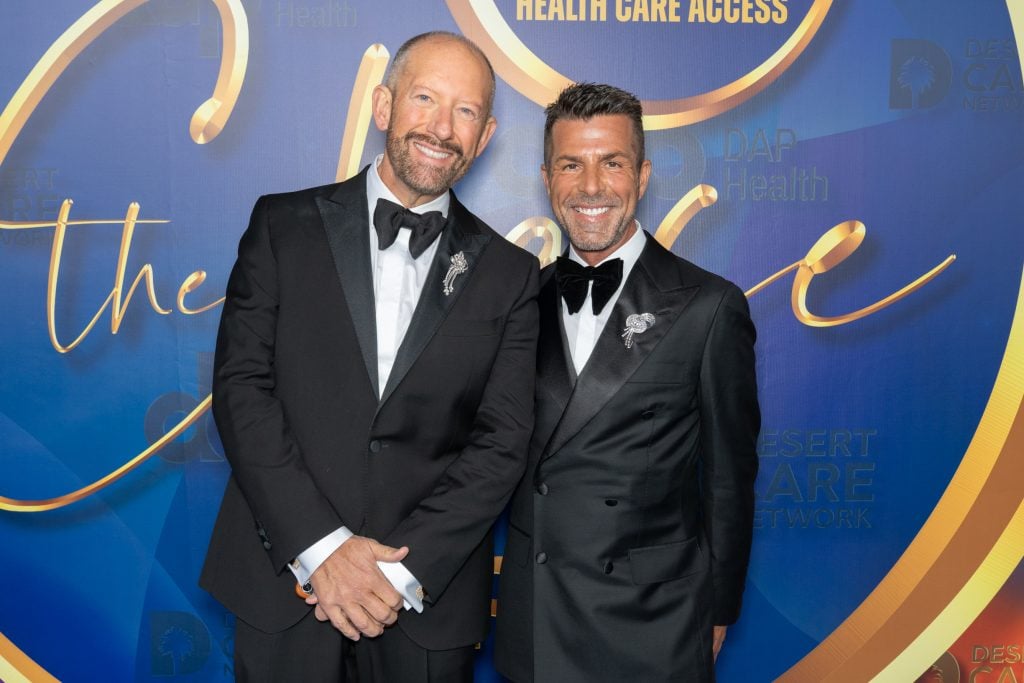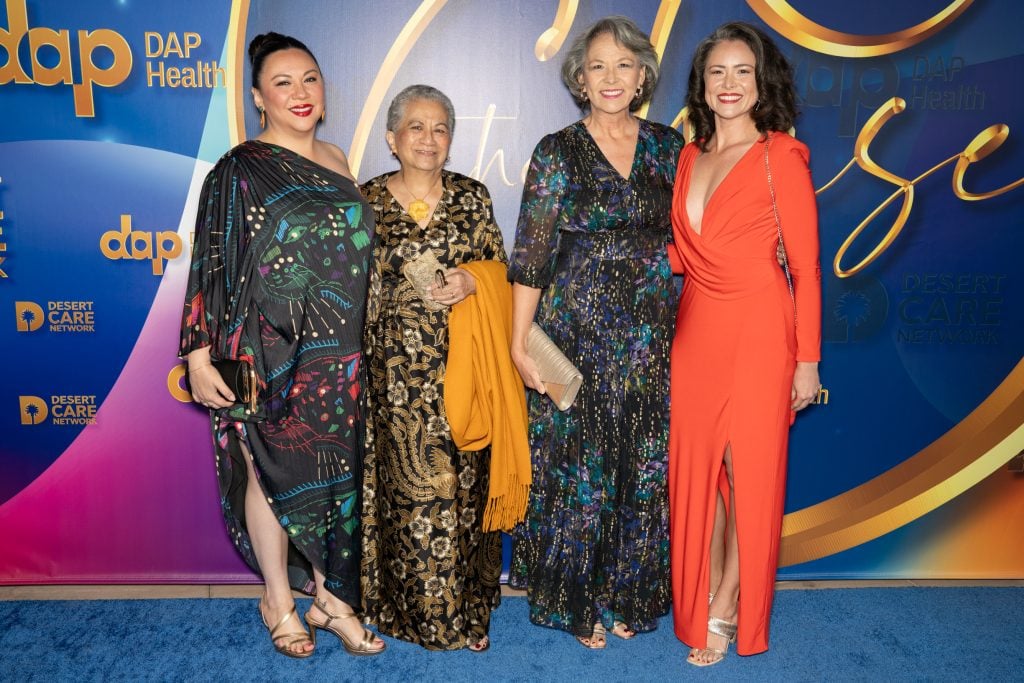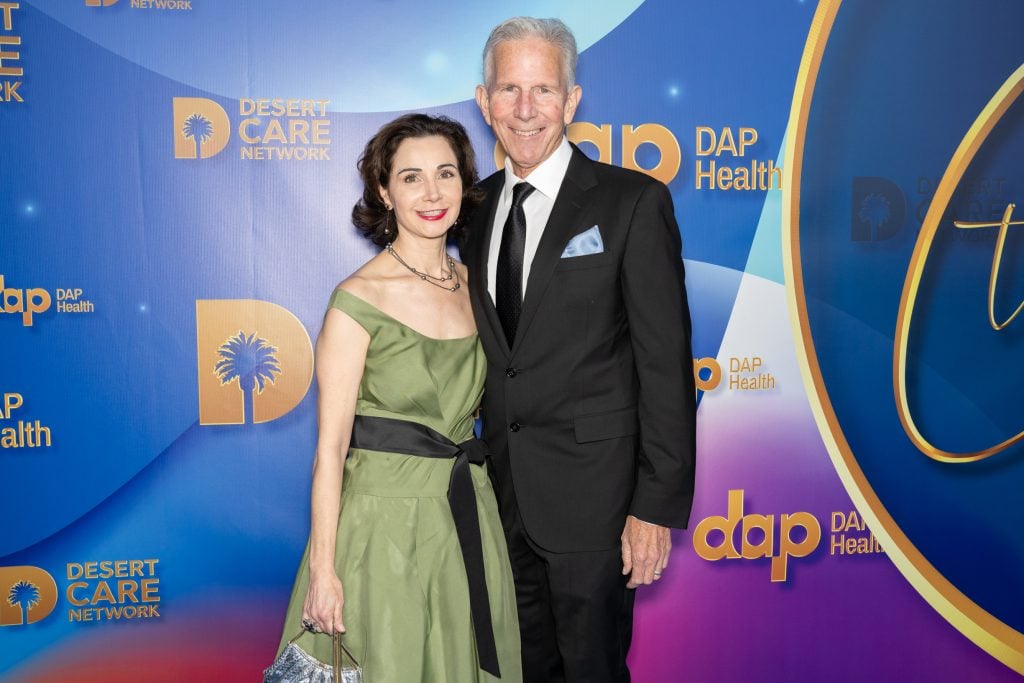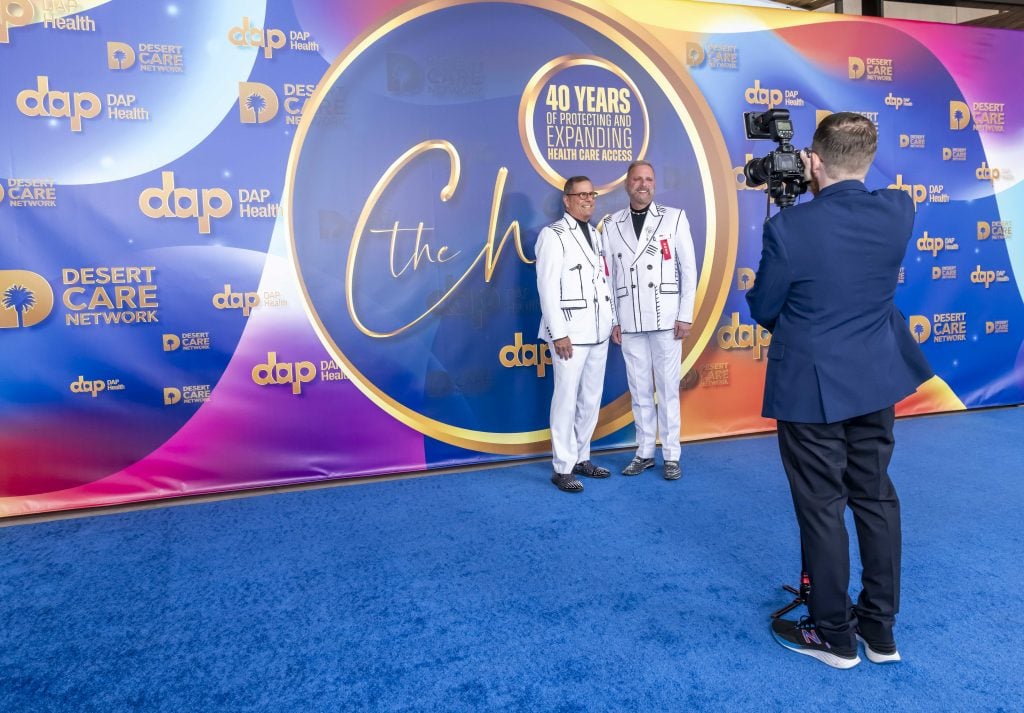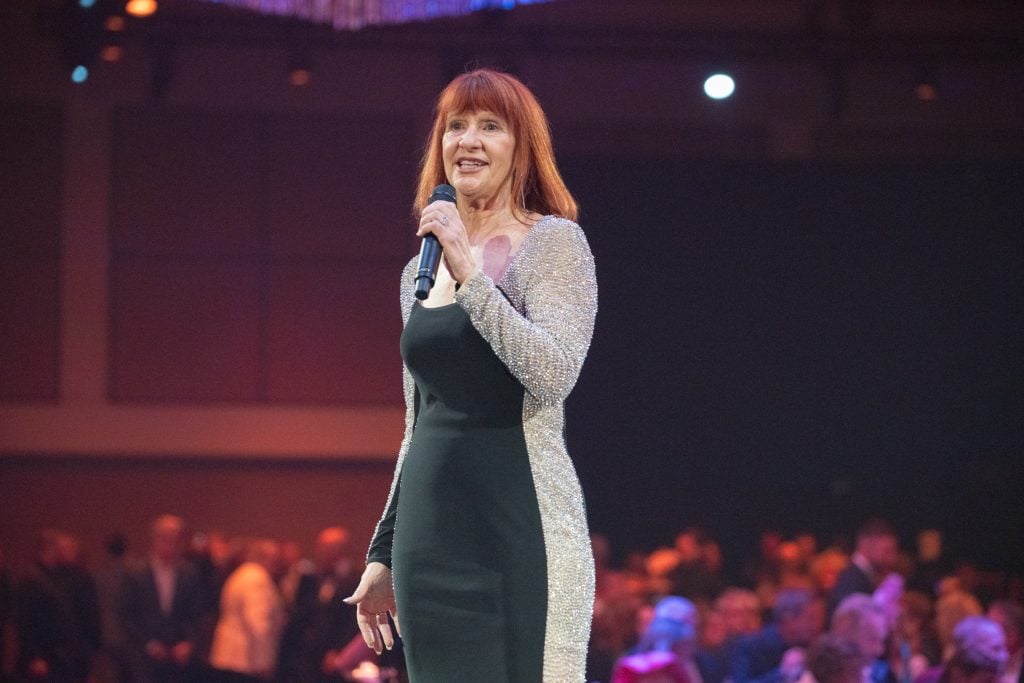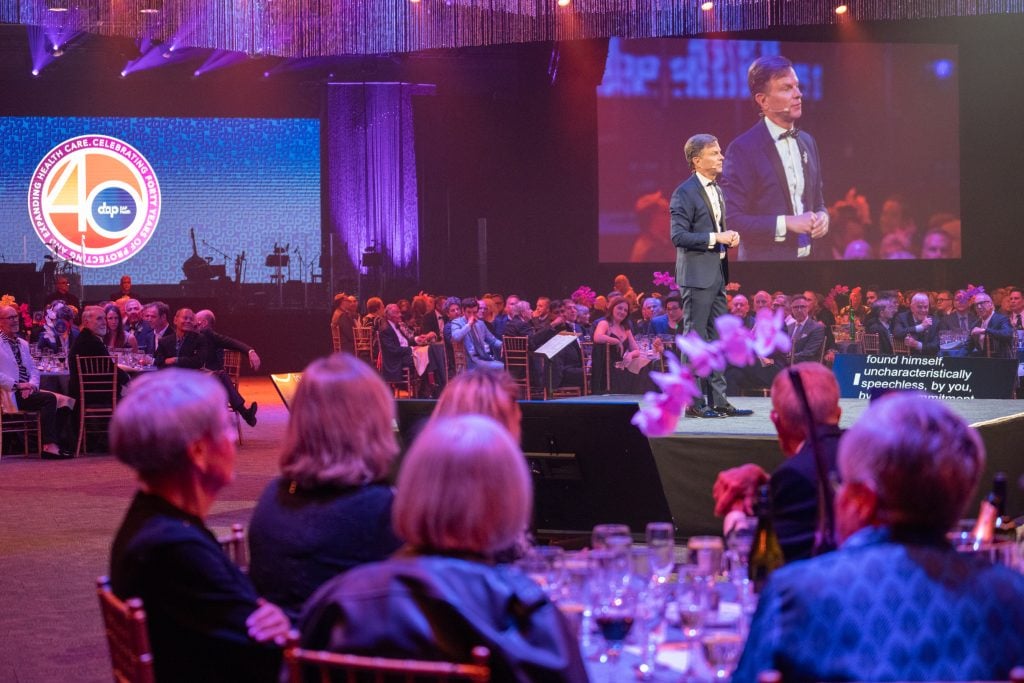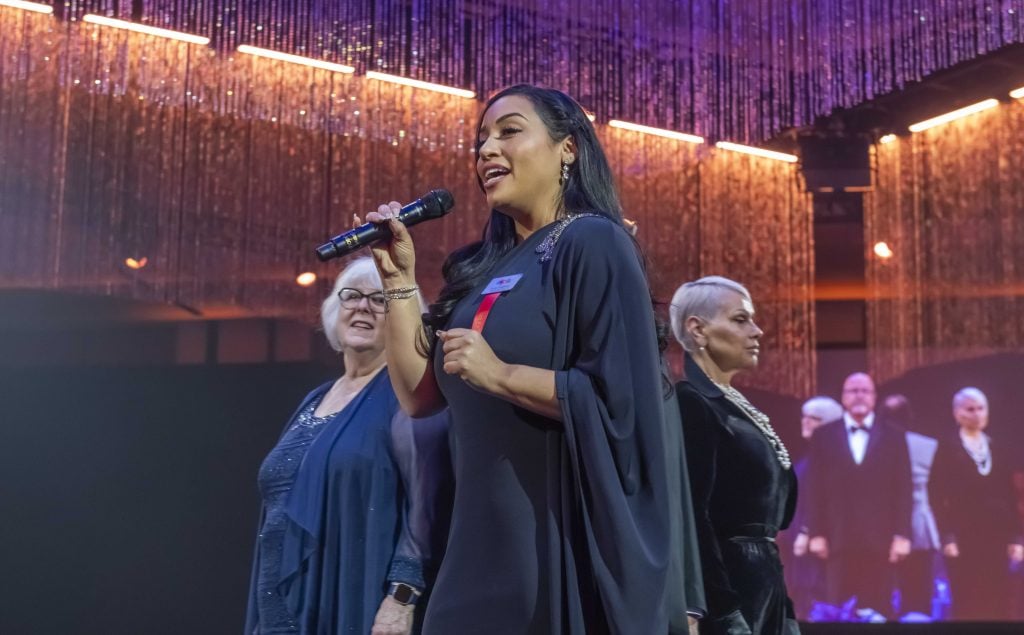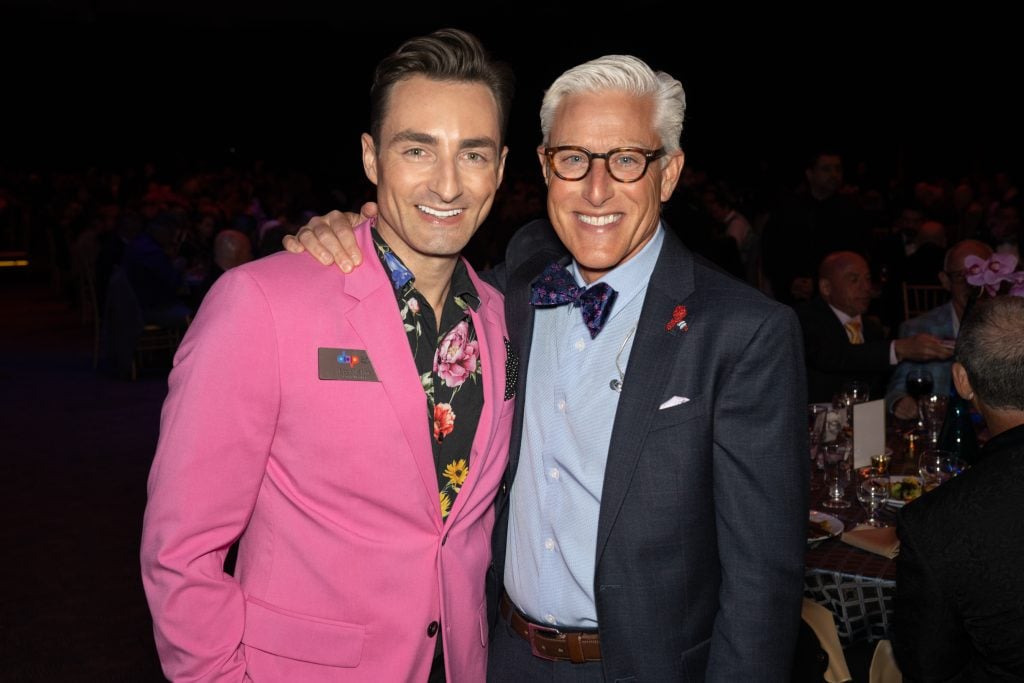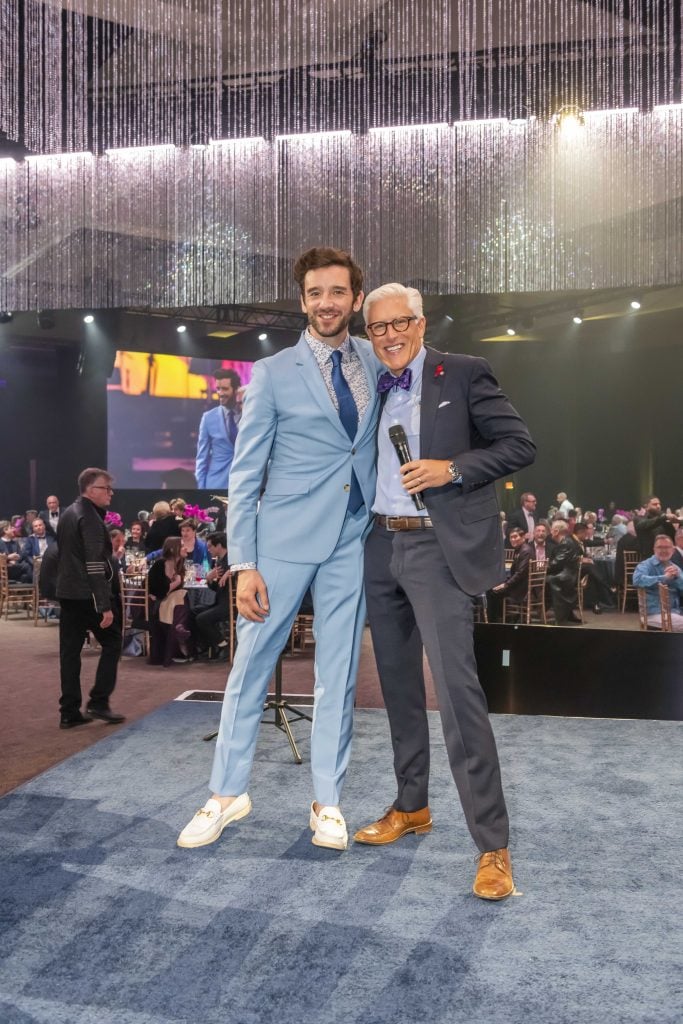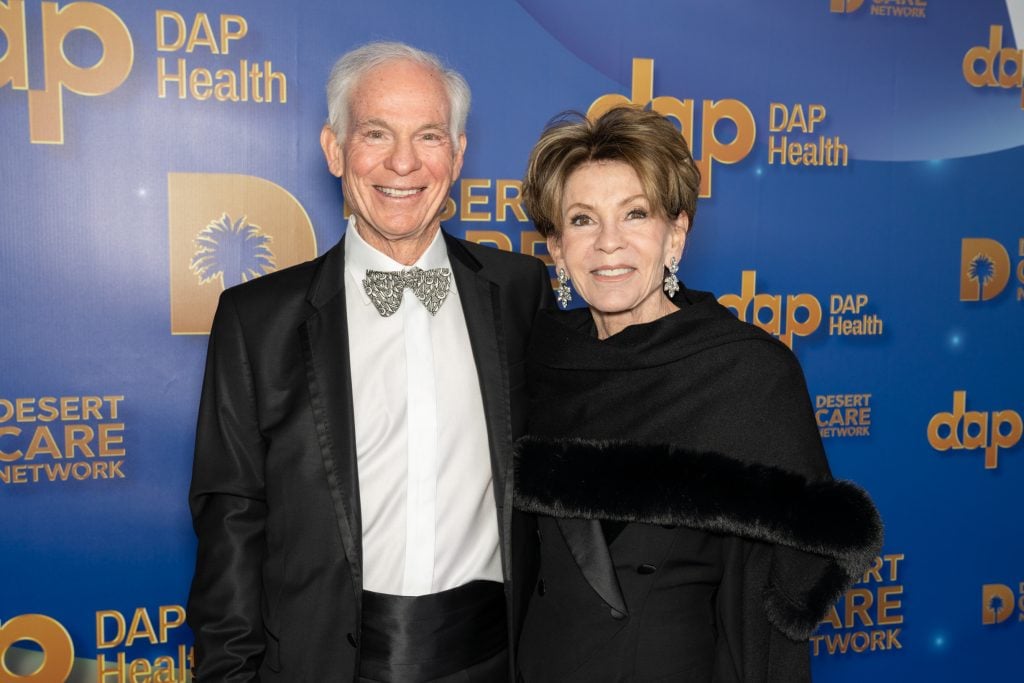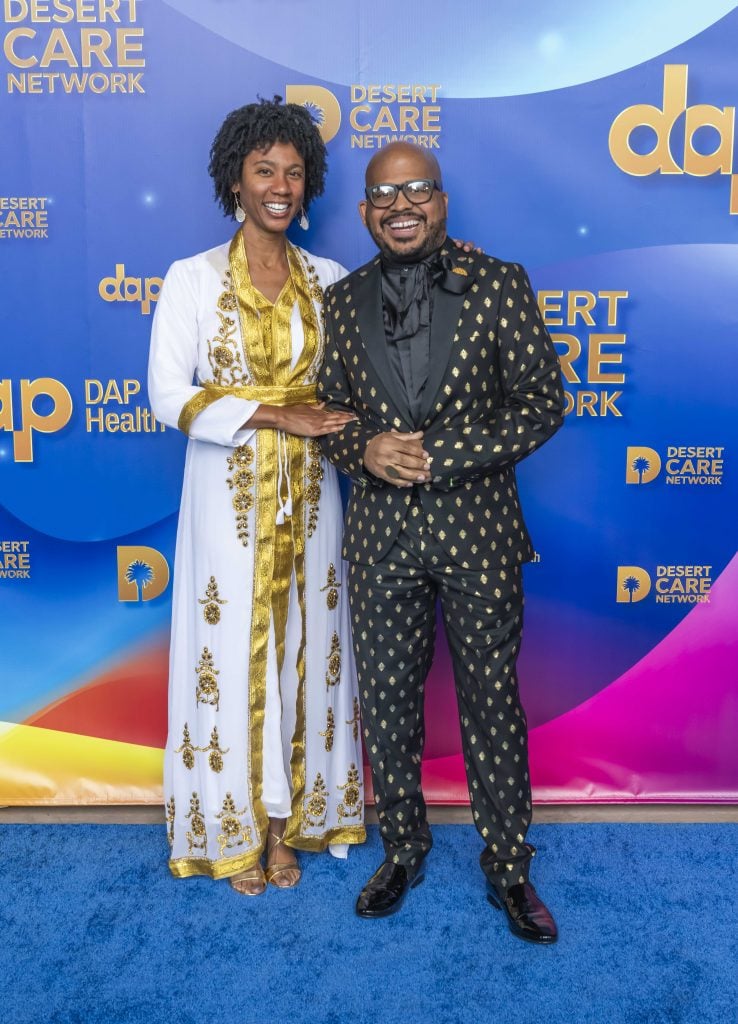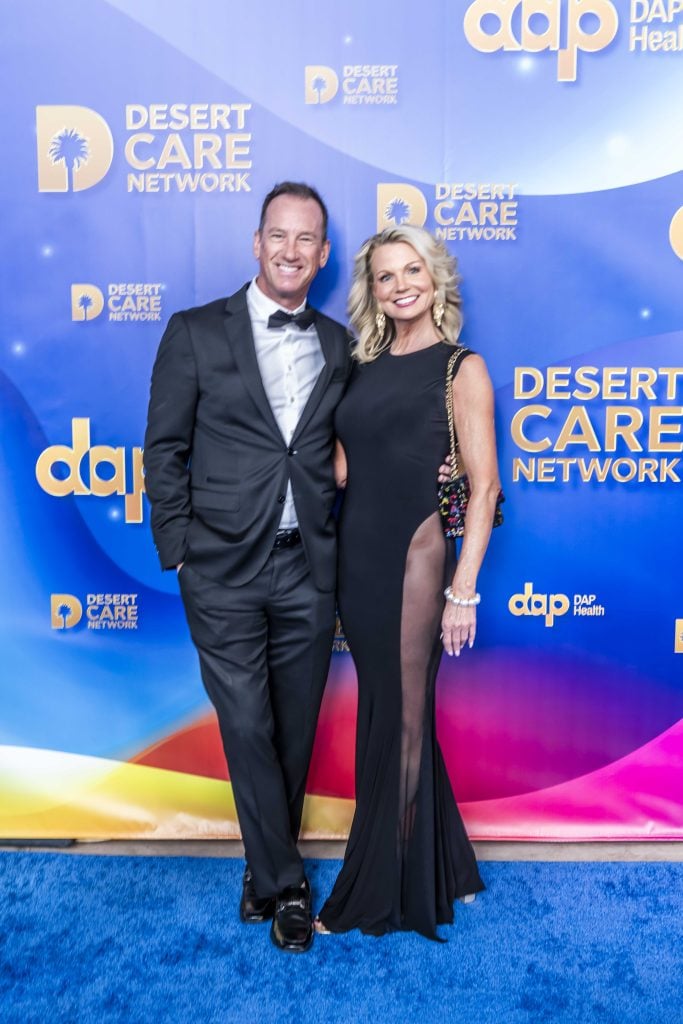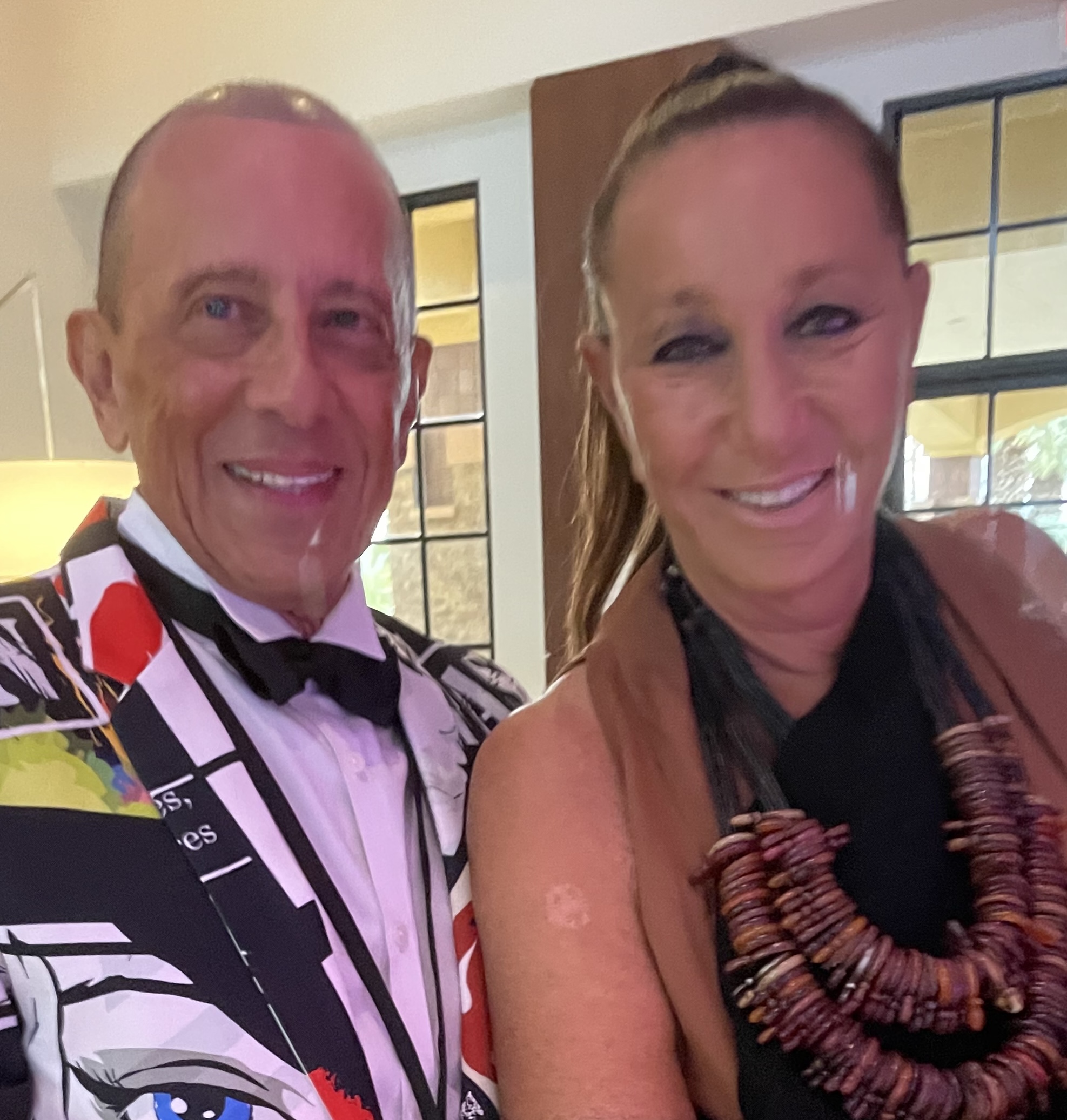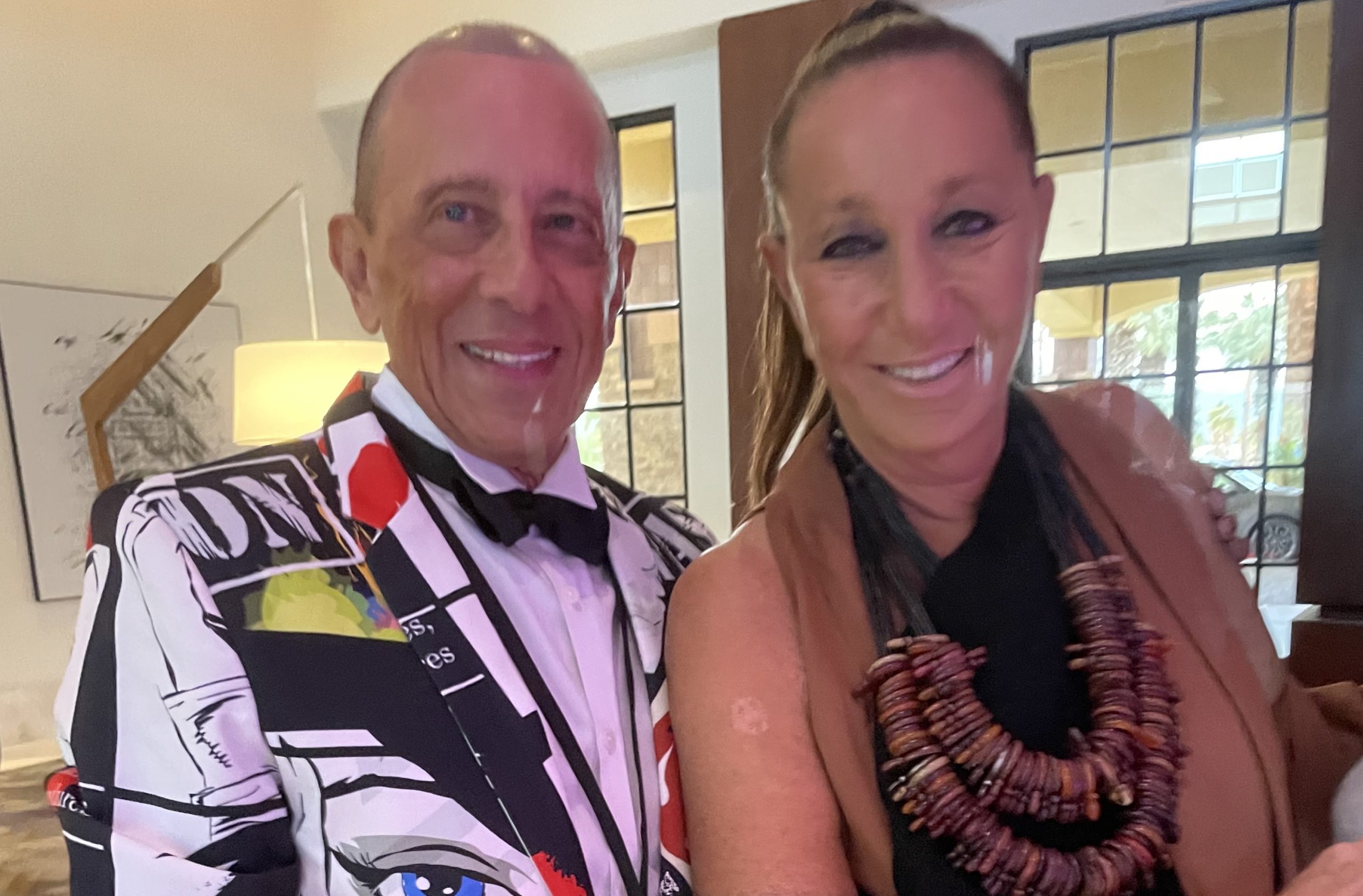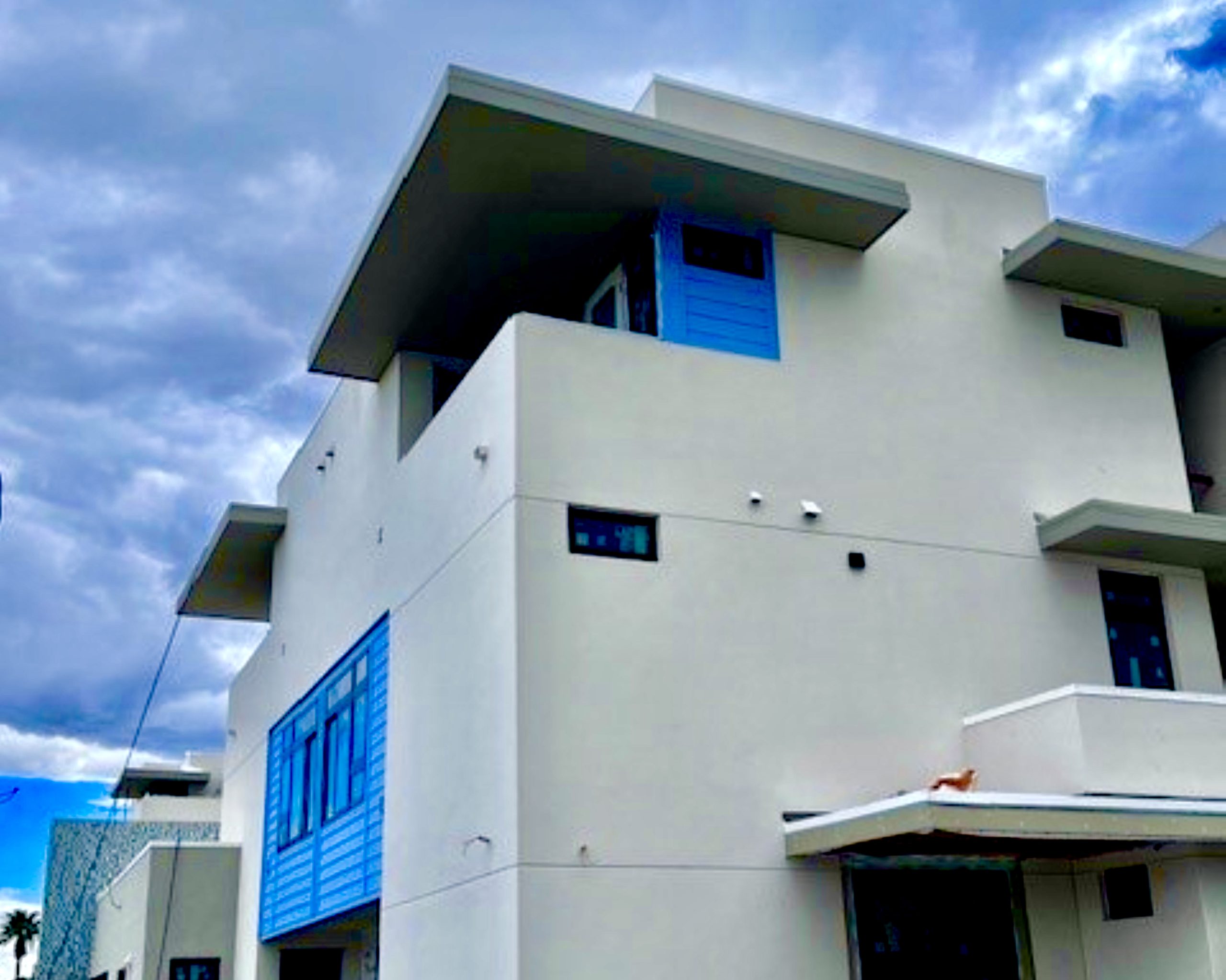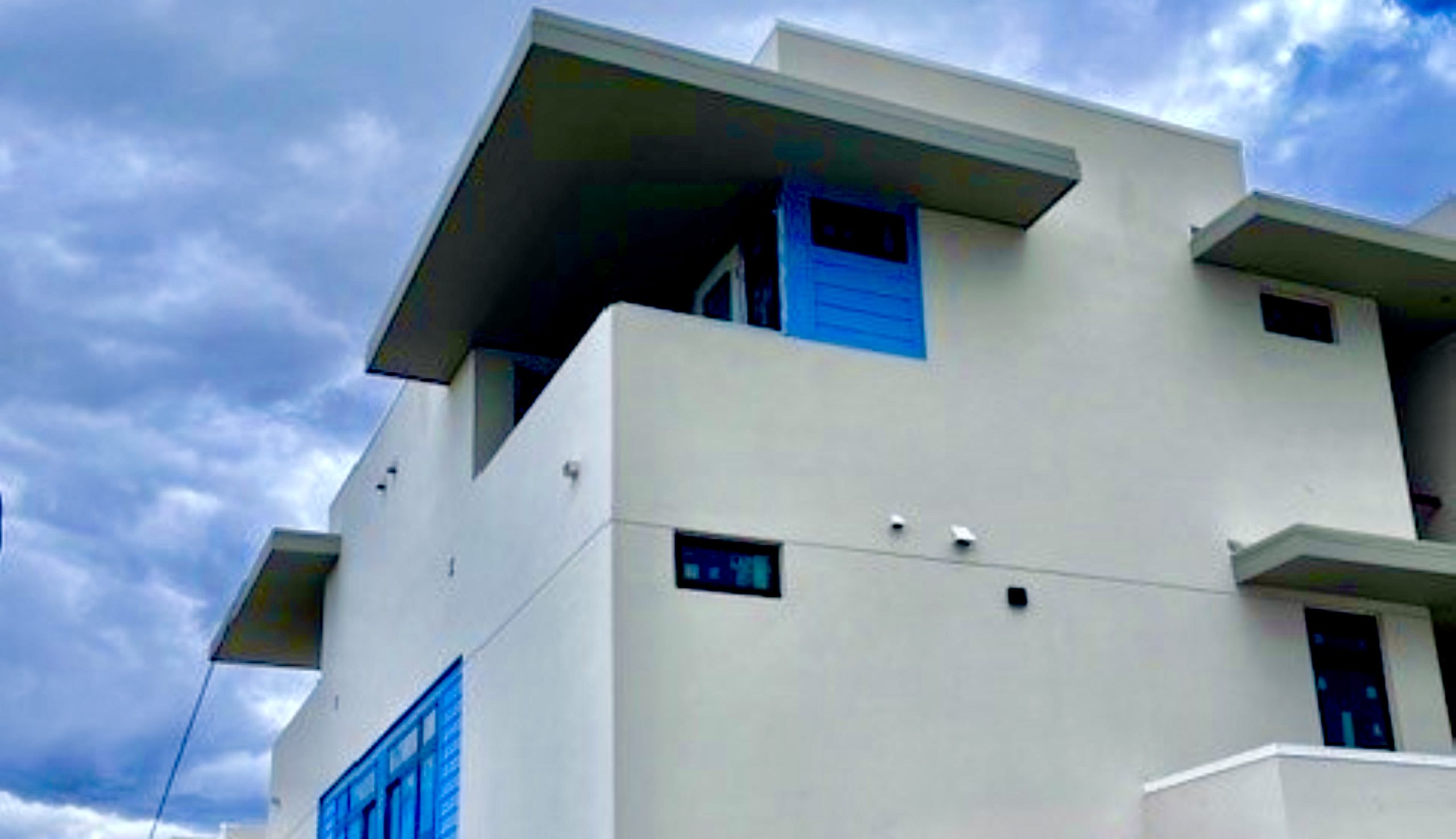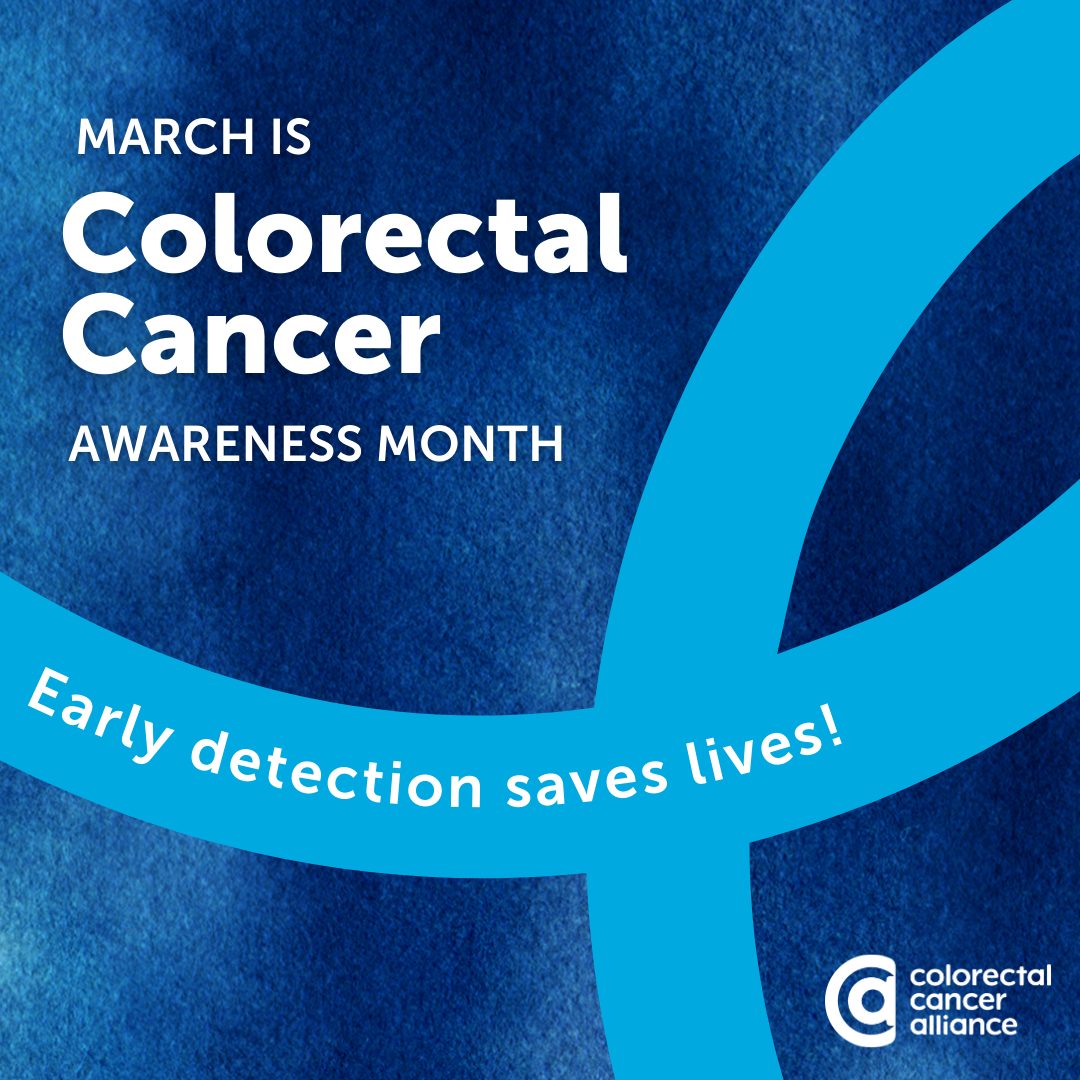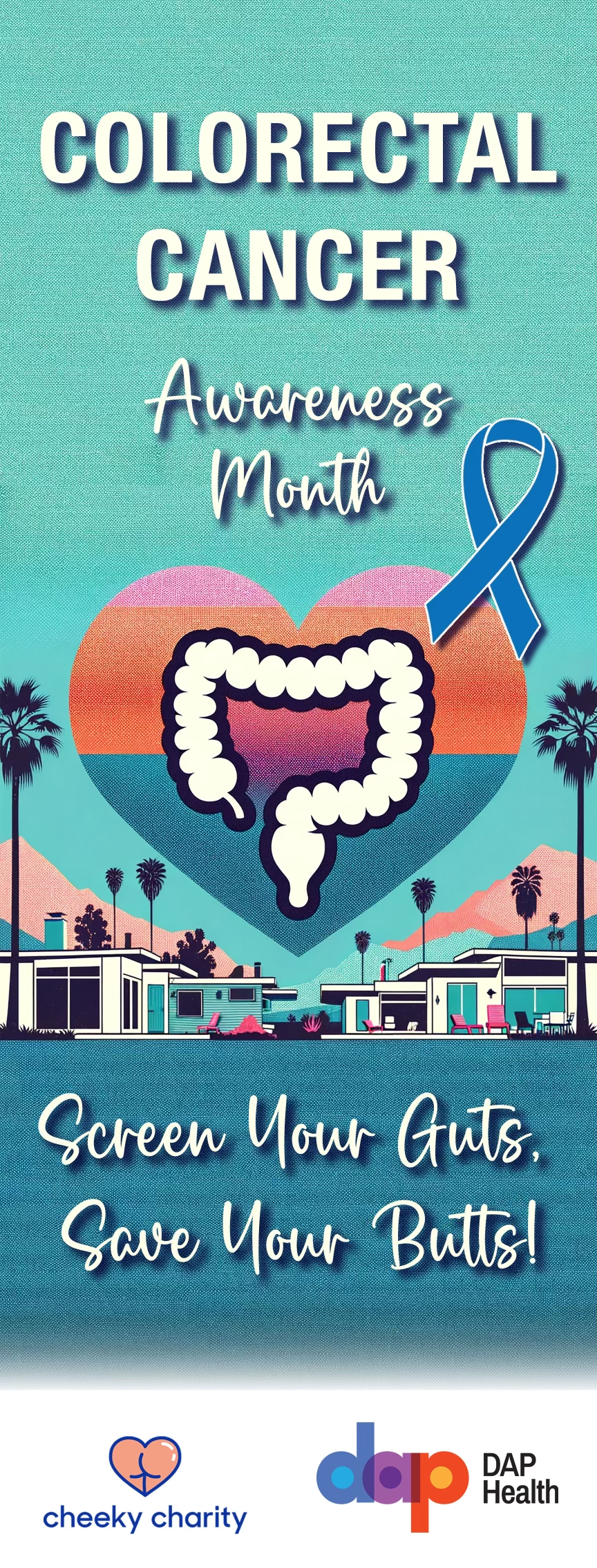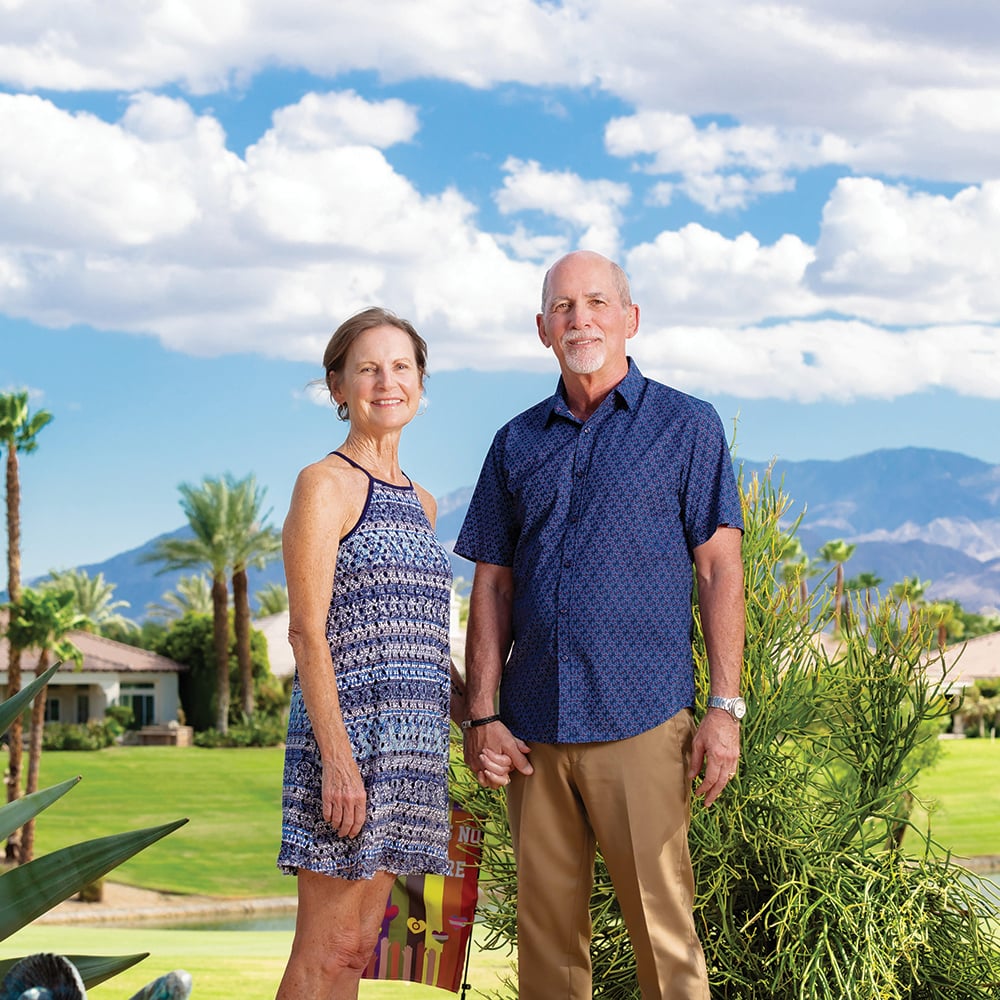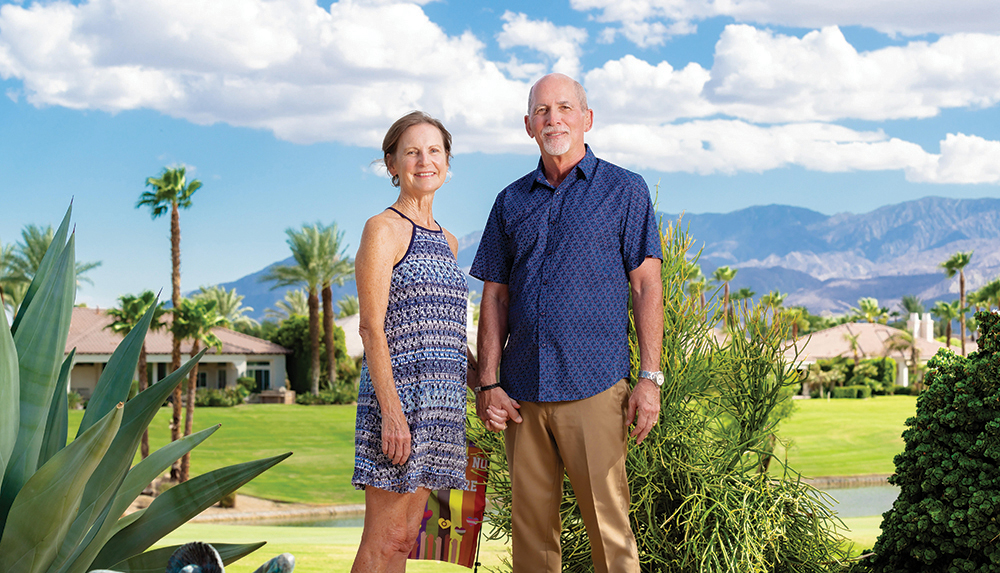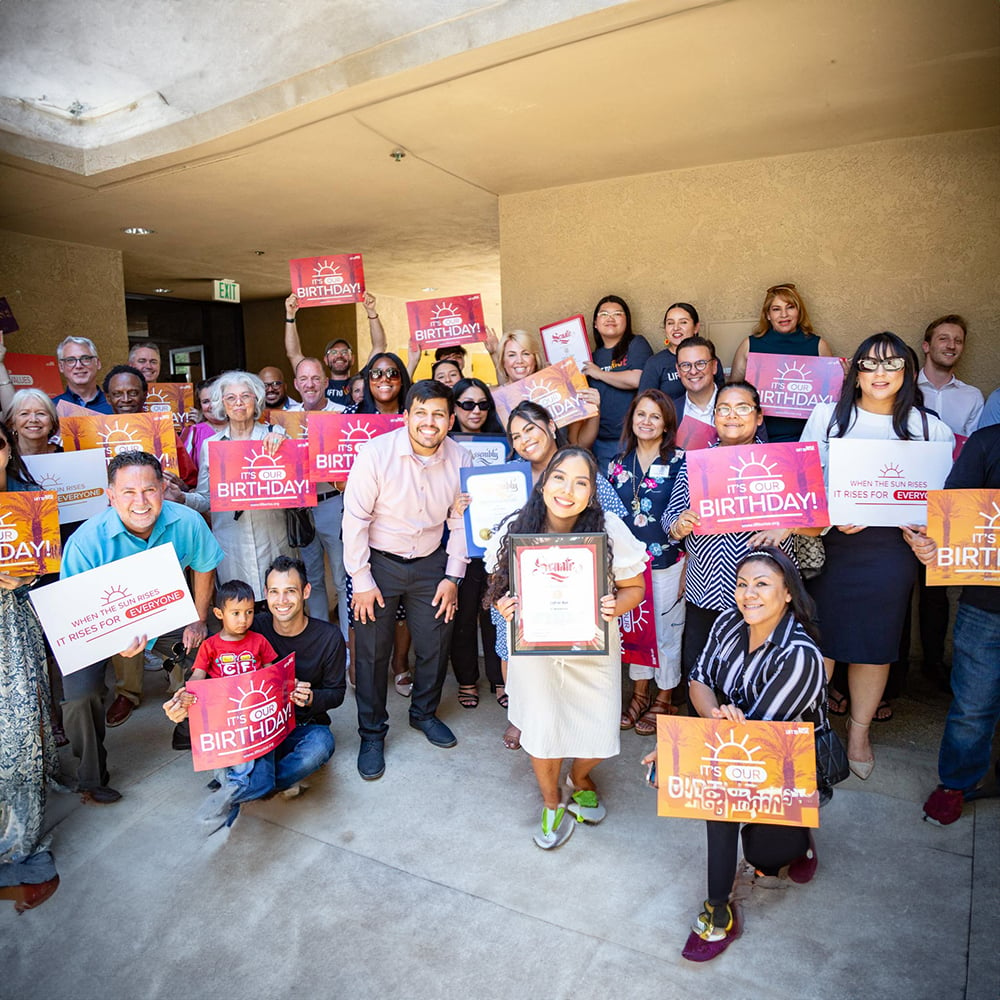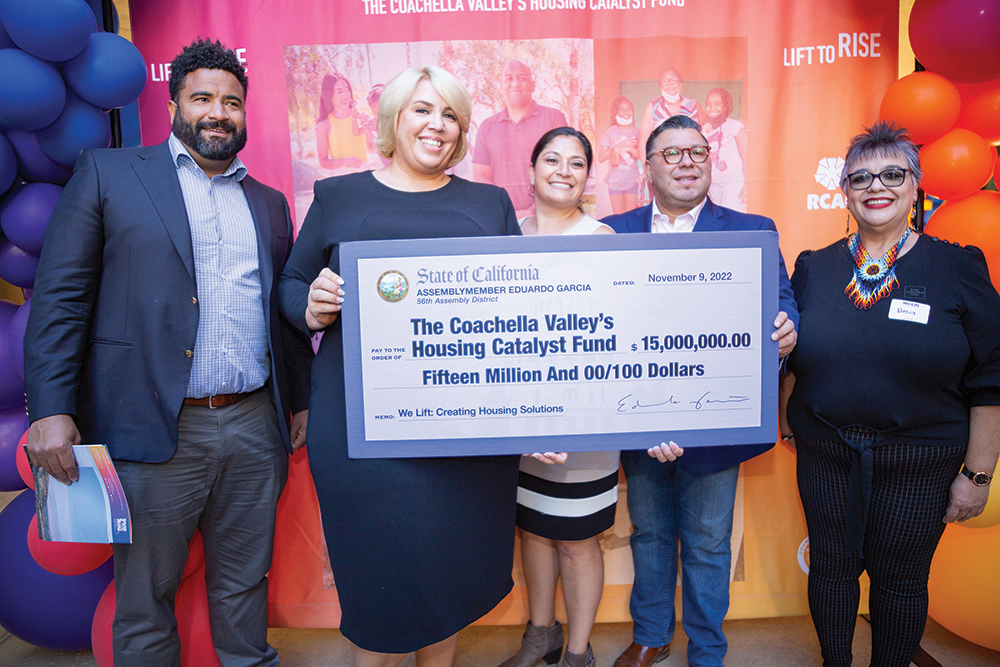
Once Upon a Time in Iowa: A Profile of DAP Health CEO David Brinkman
In a new, ongoing series, writer Kay Kudukis profiles the executive and senior leaders who have found their mission match at DAP Health.
“I’m from Iowa, we don’t know what cool is.” ~ Ashton Kutcher
DAP Health CEO David Brinkman is a fifth-generation Iowan who actually is cool, Ashton.
His father was an endocrinologist. Mom was not only a nurse but executive director of a women’s health organization. Involved in the women’s rights movement her entire career, she also served on a committee approving FDA medical devices.
Sundays, she took the three kids to church while Dad visited the forgotten in local nursing homes. That was his church, and he never missed a Sunday. Both parents gave of themselves tirelessly, instilling those values in their brood.
Thirteen-year-old Brinkman didn’t exactly know he was gay, but he was a fashionista — side note: he’s still got it — with a pension for dying his hair colors not found in nature. Dad surmised his son might not survive tiny-town high school. ‘Out’ didn’t exist in Mason City, but surprisingly it did at Shattuck-St. Mary’s Episcopal Boarding School in Faribault, Minnesota, where Brinkman was sent to receive his secondary education. With only eight students to a classroom, you couldn’t hide in the back. Brinkman had a best friend named Megan, whose father was gay and out.
There was also the gay boy across the hall, who’d pester him with “You’re gay, Brinkman. Admit it!” Brinkman never did. Maybe that was confusion, but it was definitely influenced by the sounds of the beatings the other boys gave the gay one. That he never did anything to help that kindred spirit agonized Brinkman for years, until he finally tracked his former classmate down. There was grace and understanding on the other end of the line: “I would have done the same thing.”
The Birth of an Activist
The Lewis & Clark College campus in Oregon was a beehive of activism. Brinkman led the student LGBTQ organization for his four years, majoring in sociology and anthropology, minoring in gender studies. He came out to his parents, then promptly had his first panic attack. He felt lost. It was the early nineties. His community was dying. He was afraid for them. And for himself. Sophomore year, he fought for his rights in response to a statewide ballot initiative to outlaw homosexuality. “Run to the front line, son,” his parents suggested. “Do not back away. When whatever happens, happens — you want to be there.”
So, he did, applying at the Cascade AIDS Project for the only job available: condom fairy. Late nights spent at bathhouses distributing condoms and literature had its moments, but didn’t pay the bills. Two other hourly jobs — running a support group at Harry’s Mother, a homeless youth organization, and running another for LGBT kids at the Urban League of Portland, weren’t much help. And sleep? What was that?
Brinkman wanted to stay on the front line at Cascade AIDS, so he took a 40-hour-a-week salaried position: case manager. Every week, two or three clients died. His psyche couldn’t handle this reality, and when he wasn’t working, he was depressed.
He eventually stopped caring about himself altogether. His friend, an undergrad in psychology, recognized the once tireless activist’s darkness. “You can’t do this anymore, David,” she said. “It’s affecting your health. You have to leave.”
Brinkman informed his boss, Susan Stoltenberg, who gave him not a lifeline but, as it turned out, his life’s work. “You’re smart, dedicated, and charming AF,” she said. “You’d be great at fundraising.” She taught him the ropes, took him to benefits at wealthy gay men’s homes, and together they watched the donations come pouring in.
Finding His Groove Leading Nonprofits
The next step was to lead the charge, so Brinkman got his MBA at Pepperdine Graziadio Business School in Los Angeles, with an emphasis in ethical business management. He was now armed and ready.
He spent four years as executive director at My Friend’s Place, a nonprofit for homeless kids in L.A., but when the executive director position opened up at what was then known as Desert AIDS Project in Palm Springs, it was as if everything Brinkman had done in his life up until that point had led him to this. Except he almost didn’t get the gig.
It was at his fifth “audition” dinner with the board of directors that a member questioned their responsibility to write personal checks to DAP. Brinkman stated in no uncertain terms that he believed members of the community would only make contributions to the nonprofit if they firmly understood the board was similarly invested — that each of its members had skin in the game. “If you don’t believe in that,” Brinkman told the group, “then I’m not the executive director for you.”
Every board member voted Brinkman in. Except for that skinless square peg, who resigned. That was 17 years ago.
Three Marvelous Humans
Through DAP Health, Brinkman has met many a marvelous human, but three get a shout-out here. The first, Marvin Sholl, proclaimed himself Brinkman’s “West Coast dad,” and 12 years ago, over dinner, said, “David! Ruthie and I love you. But we need to tell you…” Long pause for dramatic effect. “There’s another man in our lives.”
Brinkman waited for a punchline that never came. “This man is your husband,” Sholl continued. “You have yet to meet, but for two years, Ruthie and I have been preparing.”
The next evening, Dr. Will Grimm walked into Barry Manilow’s Gift of Love concert at the McCallum Theatre for his blind date with Brinkman, and fairy dust appeared anywhere the good doctor was. It danced from his fingertips, and when he spoke, it came out of his mouth like cartoon music from a saxophone. The men married in 2019. So, there you have Marvelous Human Shout-Out Number Two.
Number Three is a Ugandan physician working for UNAIDS in Rwanda four years ago, when Brinkman was part of a DAP delegation presenting at an international AIDS conference in Kigali. The man goes by Musah Lumumba because to say his real name would be catastrophic for him and for those he loves.
He and Brinkman spoke this past Ramadan, while Lumumba was in the streets serving the hungry. He said something that skyrocketed across the Atlantic ocean and two continents, piercing Brinkman’s core existence. “David,” he said, “the reason you and I are alive today is to address the issues our communities are facing today.”
That, Brinkman says, is the why of it all. “It’s why DAP was founded,” he says. “It’s why Borrego Health was acquired. And it’s why I came into work today.”
Your move, Kutcher!










